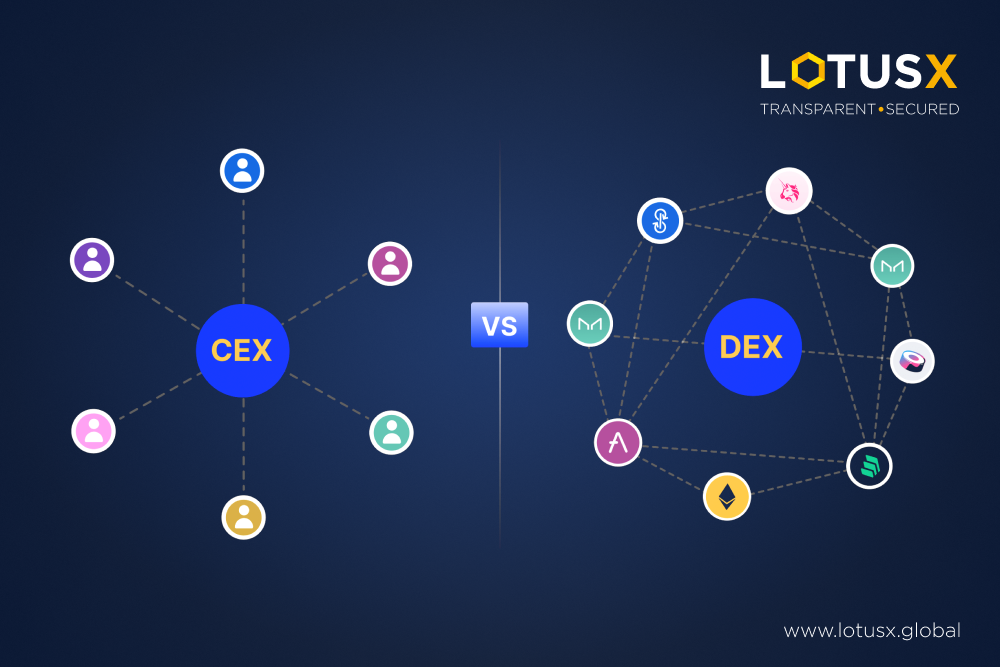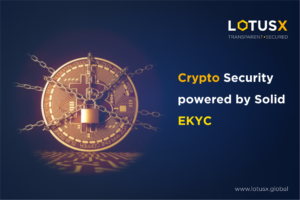Decentralized exchanges (DEXs) have sparked a lot of attention and debate in the world of cryptocurrencies and blockchain technology. These sites offer a new way to trade digital assets, giving centralized exchanges (CEXs) a run for their money. Even though DEXs provide more security, privacy, and control, it is essential to weigh the pros and cons of centralized and decentralized exchanges before choosing. In this blog, we’ll look at the main differences between the two types of exchanges and explain why many people still choose centralized exchanges.
What is a Centralized Exchange?
Centralized exchanges are platforms that act as middlemen, making it easier for users to trade coins. A single organization usually runs them; users must put money into their exchange wallets. These exchanges are popular among traders and buyers because they offer liquidity, advanced trading features, customer support, and an easy-to-use interface. Here are some reasons one might choose a centralized exchange:
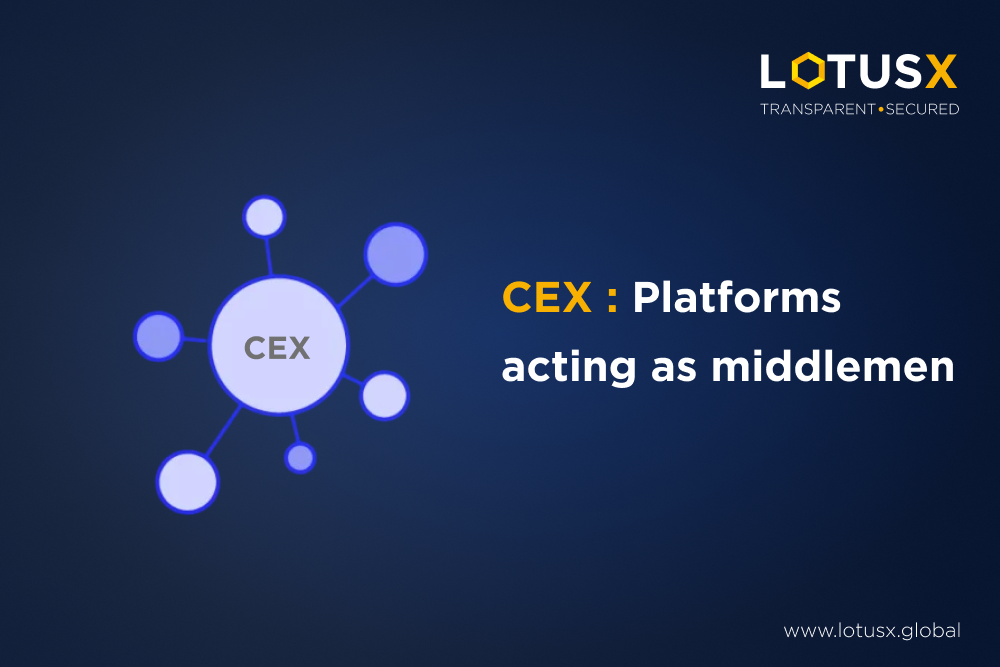
- Enhanced Liquidity: Centralized exchanges usually have a lot of users, leading to a large number of transactions. This makes the market more liquid, so people can quickly buy or sell their cryptos at fair market prices.
- Advanced Trading Tools: Centralized exchanges give many different options to trade, such as limit orders, stop-loss orders, trading on margin, and more. These tools allow traders to use different strategies and exploit market opportunities.
- Fiat On-Ramp: Many centralized exchanges, such as LotusX, accept deposits in fiat currency, making it easy for users to turn their regular money into cryptocurrency. This function connects the world of traditional finance to the world of cryptocurrencies, making it easier for new people to get into the market.
- Customer Support: Centralized exchanges usually have dedicated customer support teams to assist users with issues or inquiries. This level of support provides a sense of security and convenience, particularly for beginners. LotusX is determined to provide hands-on customer support with its 24×7 support.
What is a Decentralized Exchange?
Decentralized markets, on the other hand, don’t need middlemen because they use blockchain technology and smart contracts. Users can trade directly with each other on these platforms, which encourages peer-to-peer deals and makes them safer and more private. Here are some notable features of decentralized exchanges:
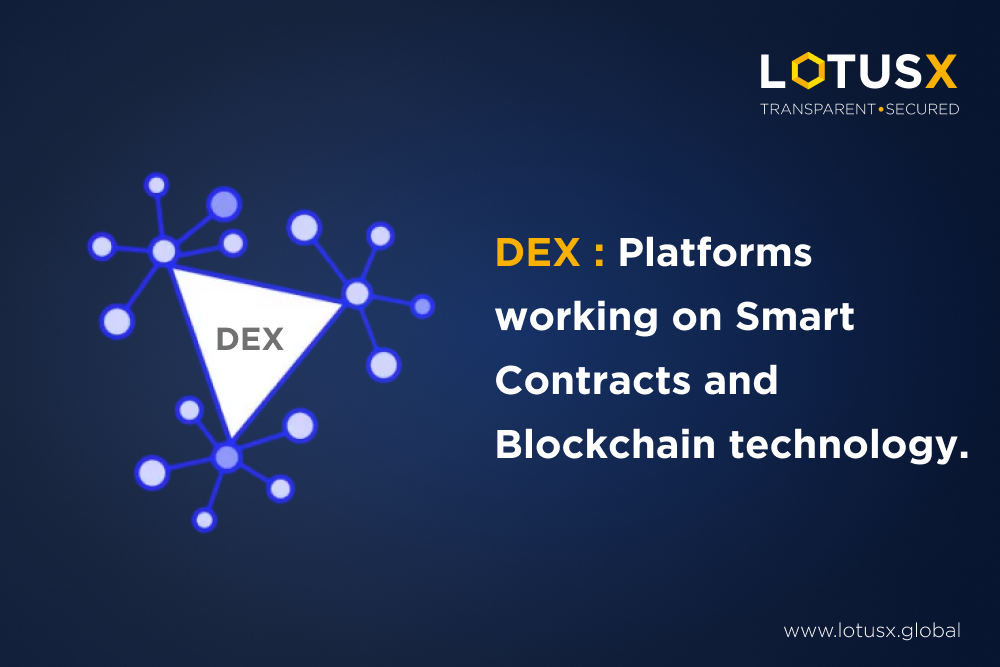
- Security and Privacy: Decentralized exchanges prioritize user security by removing the need to deposit funds on the platform. Thus eliminating the risk of hacks or exchange failures. Additionally, DEXs do not require users to disclose personal information, ensuring higher privacy.
- Reduced Counterparty Risk: By utilizing smart contracts, decentralized exchanges eliminate the need for users to trust a third party with their funds. Smart contracts act as self-executing agreements, ensuring that transactions occur only when predefined conditions are met, reducing the risk of fraud or manipulation.
- Resistant to Censorship: DEXs work on blockchain networks, which makes them hard to control and hard for the government to mess with. This feature makes sure that users can trade and use digital goods without having to worry about restrictions from the outside.
- Community-Driven Governance: Some decentralized markets are run by those who use them through decentralized autonomous organisations (DAOs). This democratic system lets token holders take part in making decisions and shape the exchange’s future.
CEX vs. DEX
While decentralized exchanges offer unique advantages, centralized exchanges still play a crucial role in the crypto ecosystem. Here are some reasons one might choose a centralized exchange:
1. User-Friendly Interface: Centralized exchanges prioritize user experience, providing intuitive interfaces that cater to beginner and advanced traders. This accessibility is vital for attracting and retaining a broader user base.
2. Regulatory Compliance: Centralized exchanges often comply with regulatory requirements, such as Know Your Customer (KYC) and Anti-Money Laundering (AML) regulations. This compliance fosters legitimacy and ensures users trade in a regulated environment. You should know that LotusX has a very strict EKYC protocol to ensure platform and user compliance.
3. Faster Execution: Centralized exchanges can quickly process a high volume of trades due to their centralized infrastructure. This efficiency is beneficial during periods of high market volatility, where swift execution can be crucial.
4. Asset Variety: Centralized exchanges typically support cryptocurrencies, including popular and emerging tokens. This variety allows users to diversify their portfolios and access more investment opportunities.
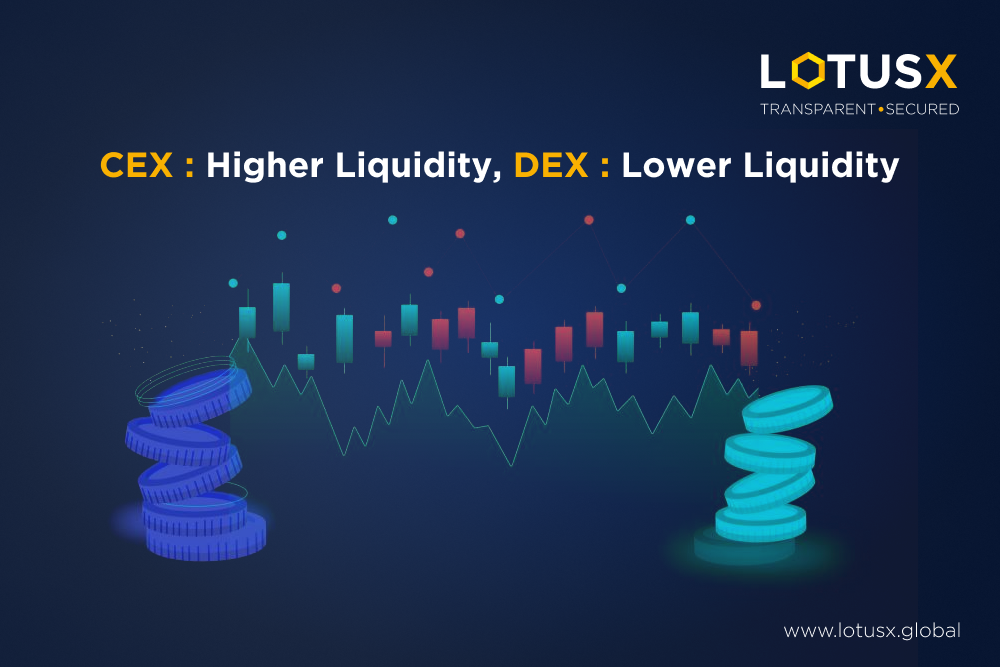
| Feature | CEX | DEX |
| Ownership | Centralized | Decentralized |
| Custody of funds | Held by the company | Held by the user |
| Features | Margin trading, staking, lending, and a wider range of cryptocurrencies | Simpler trading, lower fees, more resistance to hacks |
| Liquidity | Higher | Lower |
| Ease of use | Easier to use | More difficult to use |
Which type of exchange is right for you?
The best type of exchange for you depends on your needs and preferences. If you are looking for a convenient and easy-to-use exchange with a wide range of features, then a CEX may be a good option. CEX may also be your best bet if you are a beginner and still learning to navigate the market. Ultimately, the best way to decide which type of exchange is right for you is to research and compare available options.
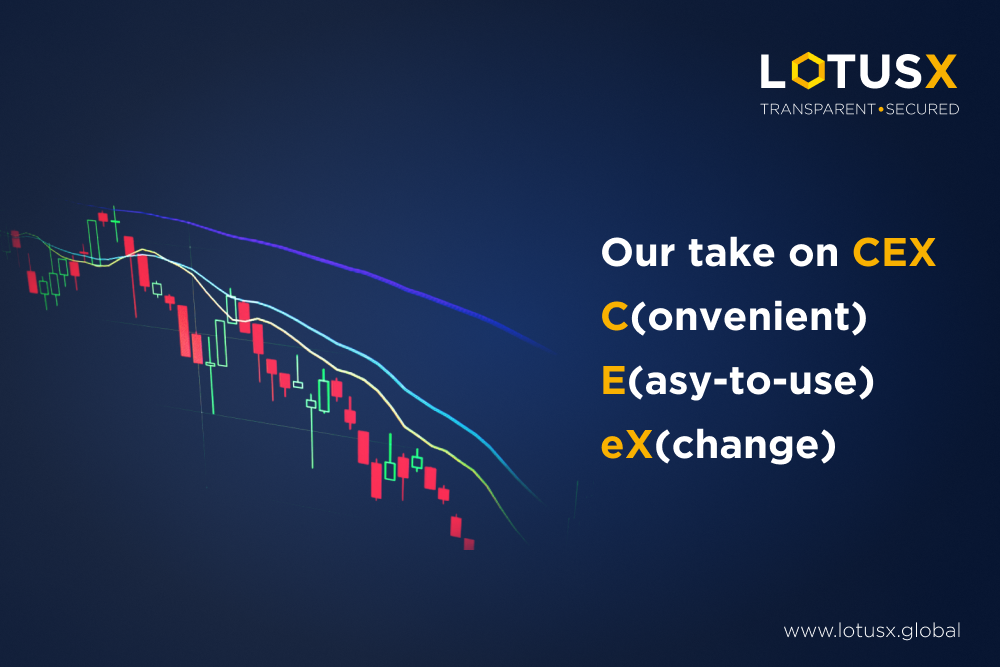
Decentralized exchanges have some interesting benefits, like better security, privacy, and avoiding being censored. However, centralized trades are still important and widely used. Choose between a centralized exchange and a decentralized one based on your preferences, goals, and willingness to take risks. Many traders and buyers like centralized exchanges because they offer advanced trading tools, liquidity, customer support, and regulatory compliance. Ultimately, both types of exchanges help the cryptocurrency market grow and mature by giving people different ways to get involved in the exciting world of trading digital assets.

